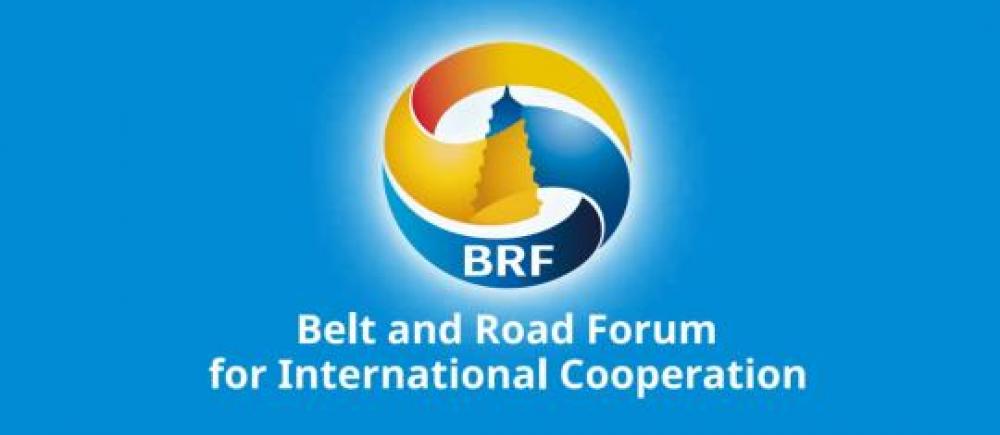
Opinion: Belt and Road is China’s way of redesigning global trade
Probably no global initiative has attracted as much attention in recent times as China’s Belt
and Road Initiative. Its significance in terms of size and technology involved, its potential impact on global geopolitics and obviously, its potential to make China an economic giant the size the world has never seen, are the key reasons why China’s critics and supporters are interested in seeing how BRI develops.
The Belt and Road Initiative is the brainchild of China’s President Xi Jinping, who seeks a
major shift in the way that China sees itself. Xi doesn’t see China as a country forbidden to
itself or the outside world. And as president, he makes it clear that China does not accept
blame for, or will be kept from, pursuing its vision at the domestic and international levels.
BRI, through revolutionizing global infrastructure and trade, is simply a manifestation of Xi’s vision.
With land and maritime routes stretching from Europe to China, the BRI dwarfs many previous big projects in terms of the distance covered, the countries involved, and the technology applied. In the scale of things grandeur, it is bigger than the post-World War II US Marshall Plan that was designed to revive Western Europe economically while containing
Soviet Communism. The Belt and Road Initiative acts as an economic stimulant to about 74 countries in Europe, Asia, and Africa.
The criticism of BRI comes from China’s rivals and has an element of envy. China’s emerging relations with countries in Asia and Africa is of concern to the West and other nations not normally associated with ‘Western” socio-economic and political thought. India, for example, is a China ally thanks to its involvement with BRICS, the global policy organ comprised of Brazil, Russia, India, China and South Africa. But India and China are also competitors for dominance in the Indian Ocean. India is not in the Belt and Road Initiative and India resents the fact that Sri Lanka and India’s rival, Pakistan, are involved. Indian intellectuals have argued that many BRI nations are not democratic governments. India, along with the United States, has also been at the forefront of advancing the negative concept of “debt trap” regarding Chinese loan agreements for infrastructure.
While India cannot exert pressure on Pakistan, it does have a lot of influence on Sri Lanka and is worried about the future port of Habantonta becoming a potential Chinese navy base.
Besides India, the United States is also interested in the future of Habantonta and other
places that the BRI passes such as Djibouti and Kenya. Critics claim that the agreements
that these countries signed with Chinese companies for development are enslaving debt
traps. Kenya, Djibouti and China all deny those claims and all three nations quickly
point out the development and economic stimulation that has resulted because of Chinese investment. Although largely in the periphery of BRI, as a sea station along the maritime belt, Kenya sees great potential ultimately through SGR and the LAPPSET Development corridor. It is my belief that those who oppose such investments, usually envious Euro-powers, merely want Africa and other such areas to remain undeveloped and under the thumb of the West.
As a global economic engine and the world’s manufacturing capital, every country in the
world has to pay attention to China’s growing might. That won’t change as China’s Belt and Road Initiatives continue to roll out. The Belt and Road Initiative plays an important role in helping President Xi abandon the “forbidden China” mentality in favour of “going out” and “opening up”. BRI helps China to assert its global presence and does so not through threats, but in benign ways.
The opinions expressed in the preceding article are the author’s and do not necessarily reflect the views of CGTN or its staff.
De. Macharia Munene is an International Relations Expert/ Lecturer at United States International University (USIU)






